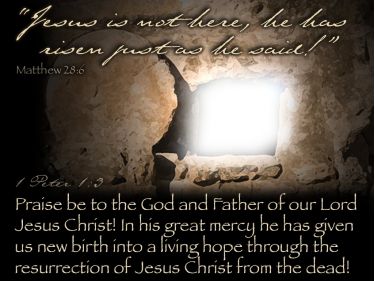

Similarly, the “mark of Cain” that God places on Cain after he murders Abel, promising sevenfold vengeance for anyone who harms him, was probably a tale designed to highlight the brutality of the Kenites, Israel’s notoriously fierce neighbors. In this reading, the conflict between Jacob and Esau isn’t a true story of sibling rivalry but an account of why, at the time the story was written down, the Israelites had such hot and cold relations with the Edomites, a nearby tribe identified with Esau. These tales are now viewed as etiological - that is, they were invented to explain how the world got to be the way it is. Modern scholars have also unmoored many of the most beloved stories in Genesis and Exodus. He even implicates the Ten Commandments, which were apparently derived in part from ancient Hittite treaties. Kugel points out the Bible’s plagiarism from earlier, non-Israelite sources: laws nicked from Hammurabi chunks of the Noah flood story lifted from the Epic of Gilgamesh prophecies of Ezekiel inspired by Middle Eastern temples. He reviews the “documentary hypothesis,” which demonstrates pretty conclusively that the first five books of the Bible were not written by a single person (Moses, according to tradition), but actually cobbled together from four, or maybe five, different writers. Some of the territory Kugel covers will be familiar to lay Bible doubters already. If reading the Bible demands a suspension of disbelief - Moses turned the Nile to blood? Joshua stopped the sun at noon? Samson killed 1,000 men with the jawbone of an ass? - then “How to Read the Bible” will prompt a suspension of belief. Instead of carping snidely about this, in the style of a college bull session, Kugel gives us a magisterial, erudite, yet remarkably witty tour through the research. It’s not news to anyone - at least anyone who reads the Bible even a wee bit skeptically - that the book is chock-full of contradictions and impossible events. Though Kugel surely did not intend this, in its own way, his book proves as devastating to the godly cause as any of the pro-atheism books that have been dominating the best-seller lists in recent months. Kugel seems to have begun “How to Read the Bible” with the notion of giving equal weight to his two methods, but he soon sidelines the ancient interpreters and focuses on the exceedingly provocative modern scholarship.

Second, Kugel leads us through the Bible as it’s understood by modern scholars, who for the past 150 years have used archaeology, linguistics, history, anthropology and all the other tools of science to excavate the truth about the Good Book. Their way of reading the Bible - their assumption of its inerrancy, their belief that scripture teaches moral lessons, and their faith in divine authorship - is the way many of us still read it today. First, he shows us the Bible as it was read by the “ancient interpreters,” writers who lived in the period a couple of hundred years before and after the birth of Jesus, even as the Bible itself was being codified.

CHRISTIANS WHO HAVE NEVER READ A BOOK EXCEPT THE BIBLE HOW TO
So, how to read the Bible? Kugel proposes two different ways. He sets himself the monumental task of guiding readers all the way through the Jewish scriptures (the Old Testament, more or less, if you’re a Christian) and reclaiming the Bible from both the literalists and the skeptics. Kugel, an emeritus professor of Hebrew literature at Harvard and, mark this, an Orthodox Jew, aims to prove that you can read the Bible rationally without losing God.

Kugel’s “How to Read the Bible,” an awesome, thrilling and deeply strange book. Or maybe it’s merely a just-so story, a made-up tale stuck into the Bible by ancient Israelites to explain why they didn’t practice child sacrifice, even though neighboring tribes did.Īll these interpretations for the binding of Isaac - and still others - can be found in James L. Depending on who’s reading Genesis and why, Abraham’s not-quite sacrifice of Isaac is a true historical event that establishes the Jewish claim to Jerusalem, or an inspirational lesson in how God tests the faith of ordinary men, or a tribute to the Bible’s first willing martyr, or a foreshadowing of the crucifixion.


 0 kommentar(er)
0 kommentar(er)
